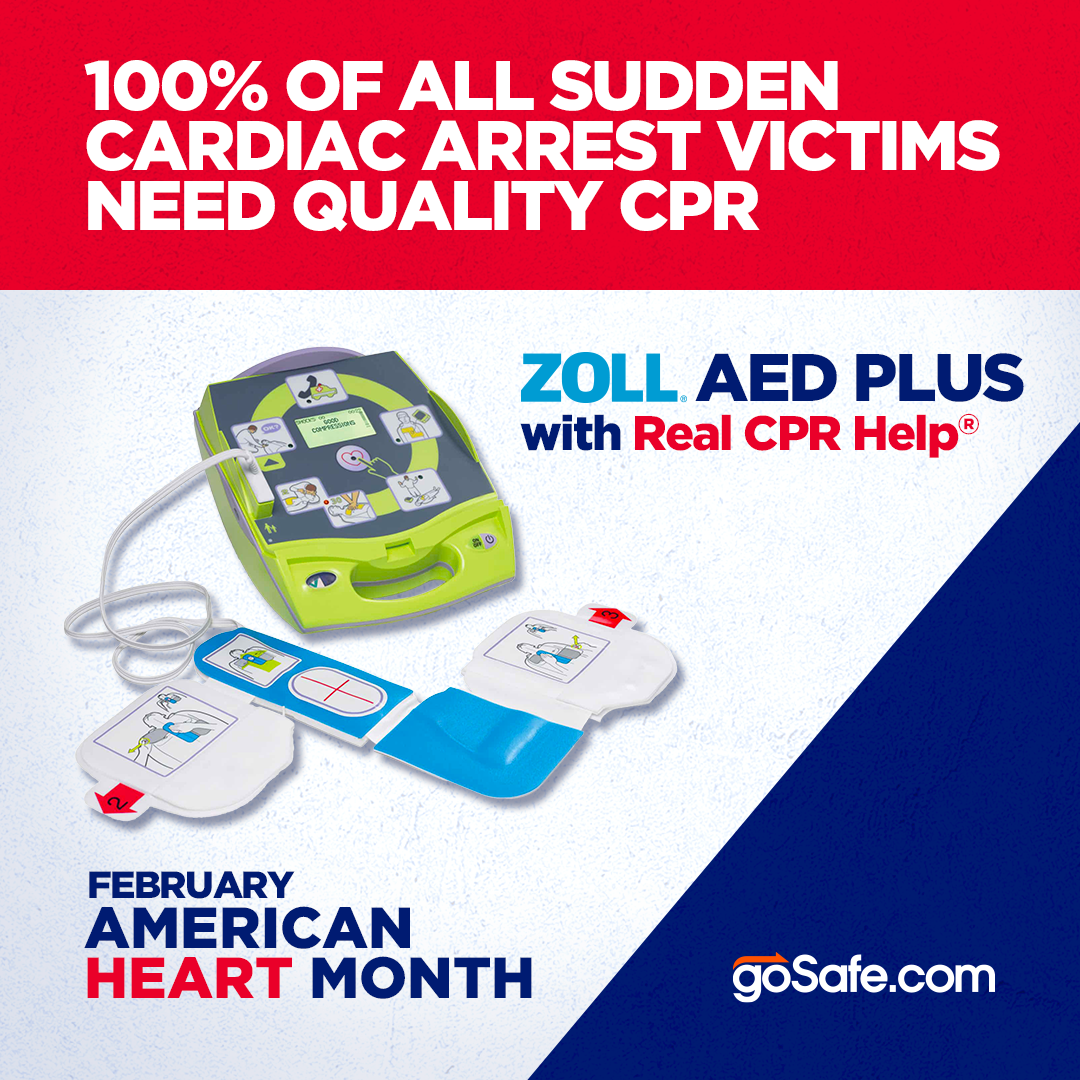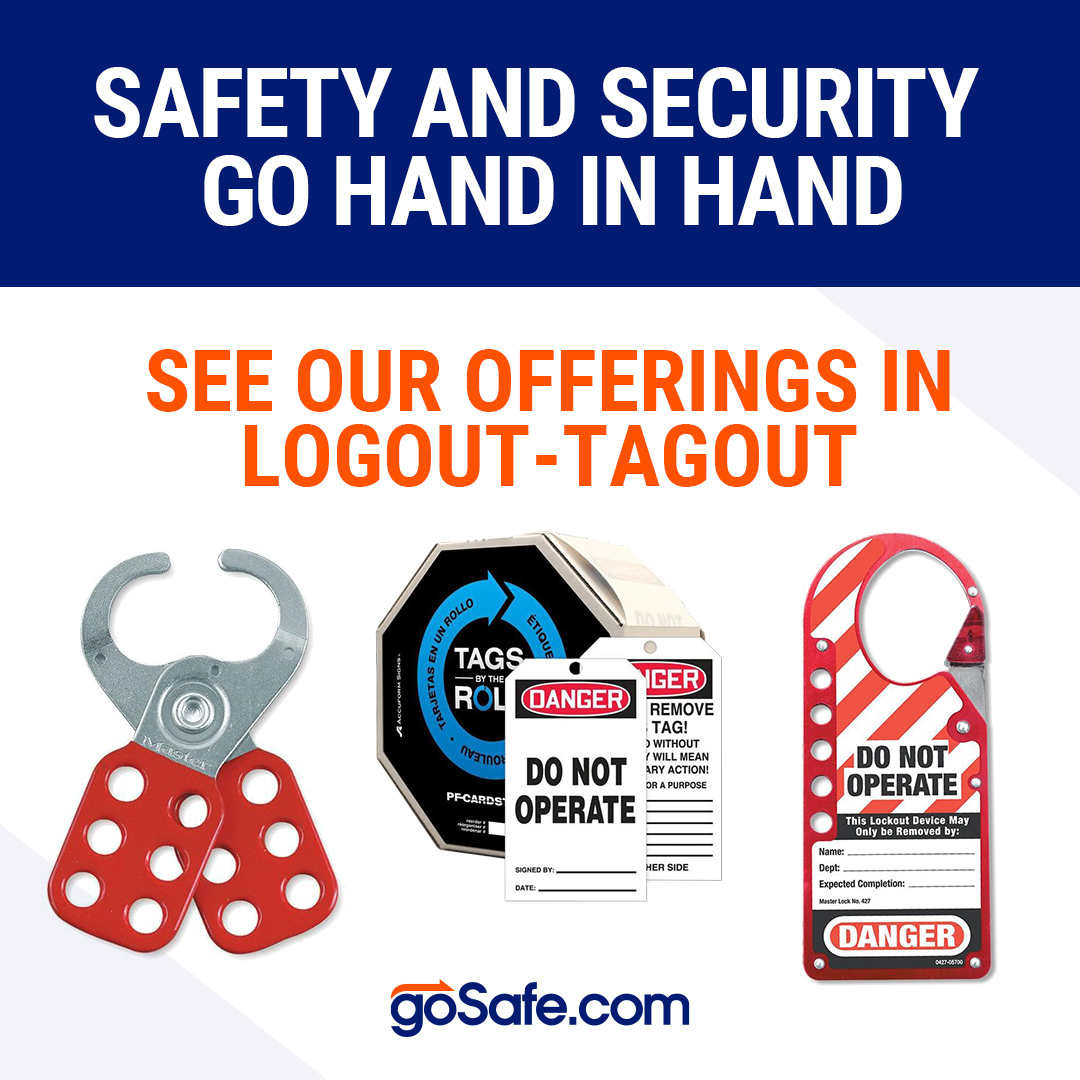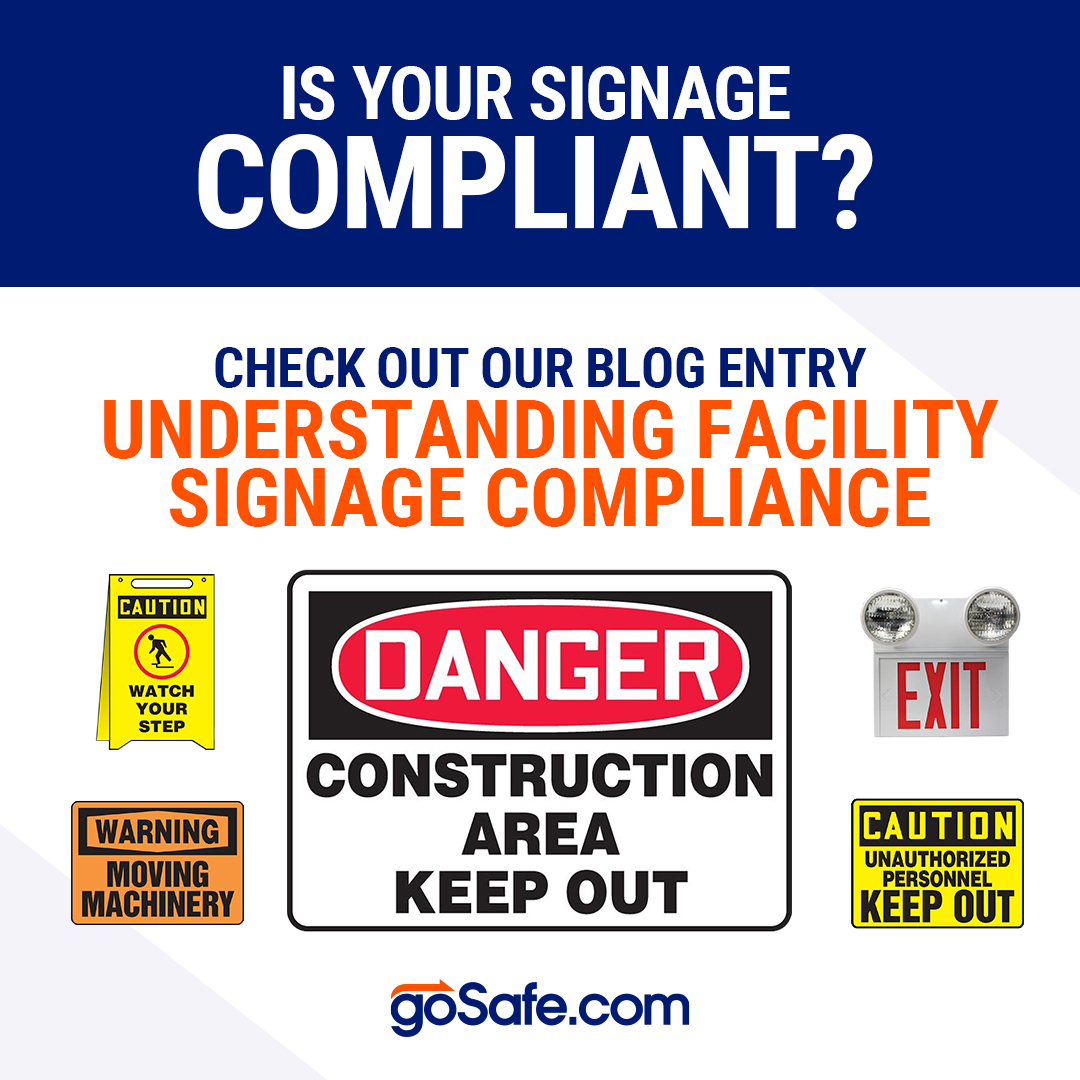Picture this scenario: A worker collapses, unresponsive, their heart beating erratically. Every moment is crucial - but help seems miles away. This heartbreaking situation unfolds far too frequently in industrial settings, where the absence of an automated external defibrillator (AED) could mean the difference between life and death.
The Shocking Statistics
- Sudden cardiac arrest (SCA) is the leading cause of workplace death in the US, claiming over 10,000 lives annually. (American Heart Association)
- Each minute without defibrillation reduces survival chances by 7-10%. (American Heart Association)
- Studies show that having an AED on-site can increase SCA survival rates by up to 70%. (American Heart Association)
- The annual cost of workplace heart-related illness in the US exceeds $130 billion. (American Heart Association)
The Legal Landscape
While OSHA doesn't currently mandate AEDs in all workplaces, specific standards encourage their implementation. These include:
- OSHA Standard 29 CFR 1910.139: Requires employers to have readily available first aid supplies and trained personnel. AEDs are considered essential first aid equipment.
- OSHA Standard 29 CFR 1920.110: Applies to construction sites and emphasizes the importance of emergency preparedness, including establishing procedures for responding to medical emergencies.
- OSHA Publication 3185: Emphasizes the importance of readily available AEDs and provides guidance on program implementation.
- The General Duty Clause: Requires employers to provide a safe work environment, which can be interpreted to include having AEDs present based on potential risks.

Beyond the Numbers: A Moral Imperative
The statistics are stark, but the human cost is even greater. Every life lost due to a lack of an AED is a tragedy. Implementing an AED program demonstrates a commitment to employee safety and creates a culture of preparedness. It's not just about fulfilling legal requirements, it's about valuing the lives of your workforce.
Taking Action
Here are steps you can take to make your industrial workplace AED-equipped:
- Conduct a risk assessment: Identify areas where workers are at higher risk of SCA and ensure AED placement is accessible within 3-5 minutes of any location.
- Purchase AEDs: Choose devices appropriate for your environment and budget.
- Train employees: Provide CPR and AED training to a sufficient number of personnel.
- Develop a response plan: Outline clear procedures for using the AED and responding to SCA emergencies.
- Maintain your AEDs: Regularly check and perform maintenance to ensure they are operational.
Investing in an AED program is an investment in your employees' lives. It's a small price to pay for the potential to save a life and create a safer, more secure work environment for everyone.
Remember, seconds matter. Don't wait for tragedy to strike. Make your industrial workplace AED-equipped today.








